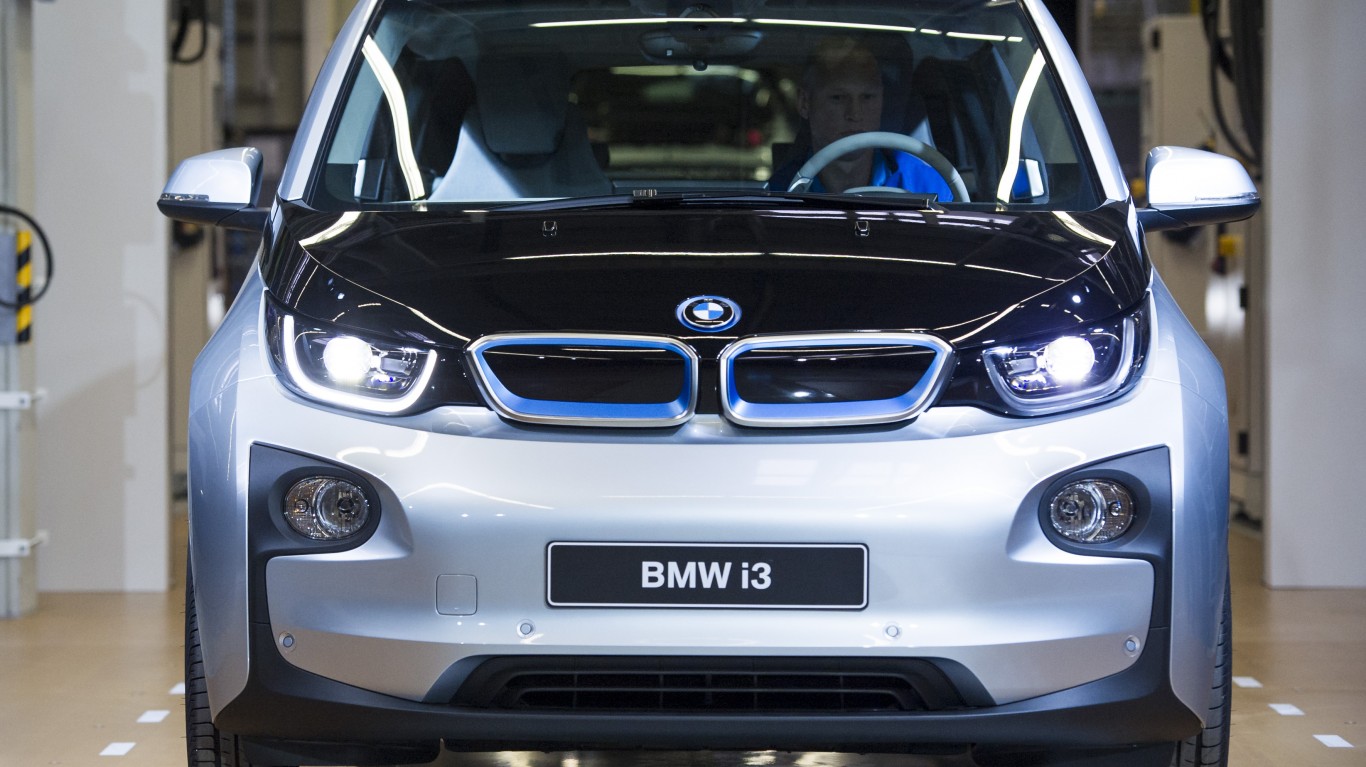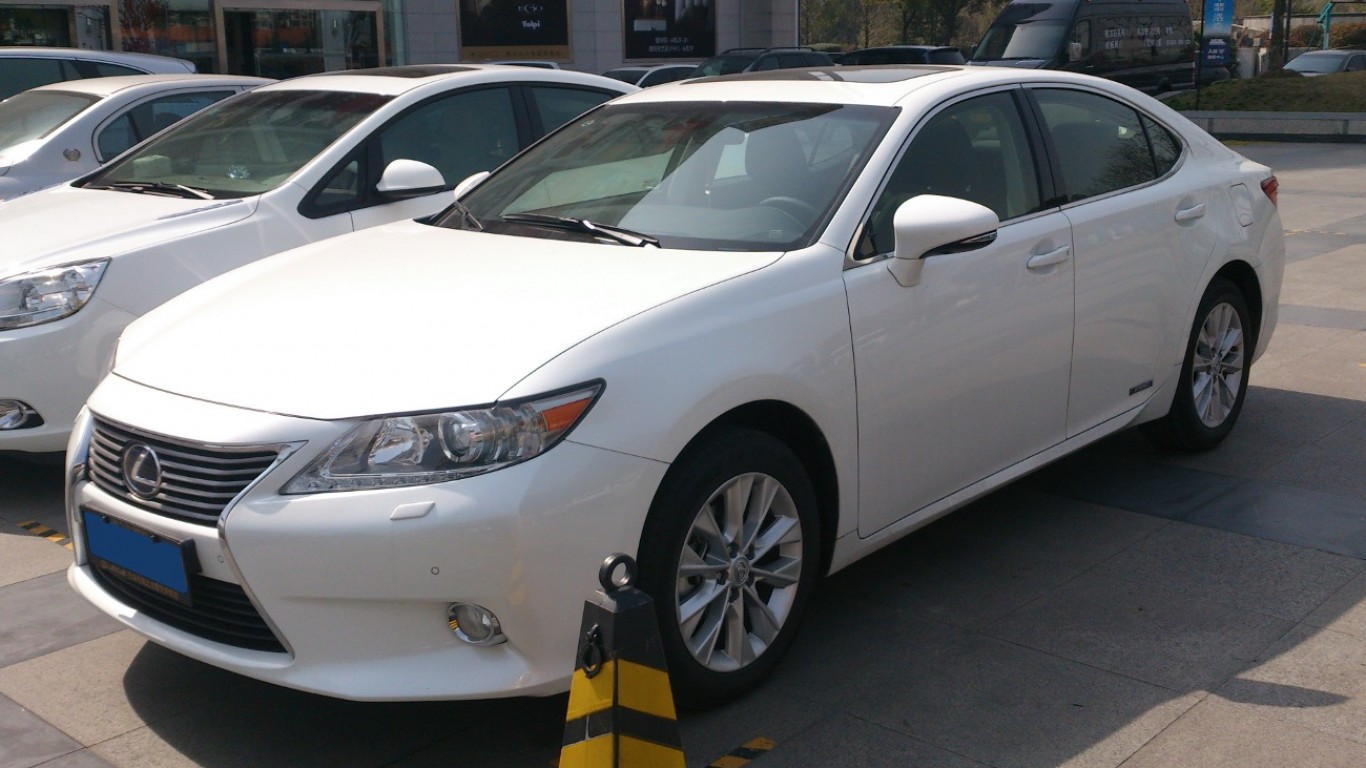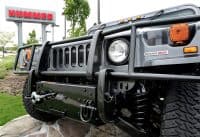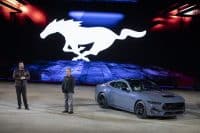
About 2% of new light vehicles sold in the Northeastern United States are electrified. That number could rise — a lot — if potential car buyers who are now kicking the tires starting laying out their cash for the vehicles.
In a new survey sponsored by a group of automakers and states, more than half of all people surveyed in the northeastern states are considering an electric vehicle as they shop for a new car. Among millennials (roughly 25 to 39 years of age), 63% of buyers are considering an electric vehicle, almost double the 38% of boomers (55 years of age or older) who are considering buying an electric car.
Julia Rege, an executive with the Association of Global Automakers (one of the survey’s sponsors) said that until now, electric car purchases have been dominated by Gen X (40 to 54 years of age) men, but that the interest among millennials presages a “substantial shift” in the market for electric vehicles, “[W]e are on the brink of a technology revolution that will ultimately be driven by Millennials. Baby Boomers may take longer to learn about this great technology and get comfortable with it, but they won’t be far behind.”
Major drivers of electric car purchases are federal and state incentive programs that offer tax credits and rebates to electric vehicle purchases. More than 80% of both millennials and boomers cite incentives as a reason to consider purchasing an electric car.
A lack — or perceived lack — of charging stations is one of the major barriers to making a purchase, although that’s a larger concern for boomers (87%) than millennials (79%).
More than half of millennials (56%) say there will be more electric cars than gasoline-fueled cars on U.S. roads in 10 years, while only 42% of boomers believe that’s true. A whopping 83% of millennials say that it’s “important” to ditch gas-powered cars in favor of electric vehicles, while only 70% of boomers agree with that statement.
The “Drive Change, Drive Electric” campaign includes 16 automakers and seven states: New York, Connecticut, Massachusetts, New Hampshire, Rhode Island, Vermont and New Jersey. The online survey, conducted by Edelman Intelligence, included 1,500 licensed drivers above the age of 16.
Given the commitments automakers are making to electric vehicles, a cynic might say that a survey that concludes that the automakers are spending their money and effort wisely is not exactly unbiased. But there is other backing for the shift to electric vehicles as real and marching along at a rapid pace.
Bloomberg New Energy Finance (BNEF) in its report last year on electric vehicles noted that the cost of batteries has dropped from $1,000 per kWh to $209 between 2010 and 2017 and that battery density continues to improve by around 5% to 7% annually. BNEF also forecasts that by 2022, car buyers will have some 289 different electric models to choose from. By 2040, one-third of the global car fleet (559 million vehicles) will be electric, according to BNEF, and 55% of new cars sold that year will be electric.
Are You Still Paying With a Debit Card?
The average American spends $17,274 on debit cards a year, and it’s a HUGE mistake. First, debit cards don’t have the same fraud protections as credit cards. Once your money is gone, it’s gone. But more importantly you can actually get something back from this spending every time you swipe.
Issuers are handing out wild bonuses right now. With some you can earn up to 5% back on every purchase. That’s like getting a 5% discount on everything you buy!
Our top pick is kind of hard to imagine. Not only does it pay up to 5% back, it also includes a $200 cash back reward in the first six months, a 0% intro APR, and…. $0 annual fee. It’s quite literally free money for any one that uses a card regularly. Click here to learn more!
Flywheel Publishing has partnered with CardRatings to provide coverage of credit card products. Flywheel Publishing and CardRatings may receive a commission from card issuers.
Thank you for reading! Have some feedback for us?
Contact the 24/7 Wall St. editorial team.
 24/7 Wall St.
24/7 Wall St.



